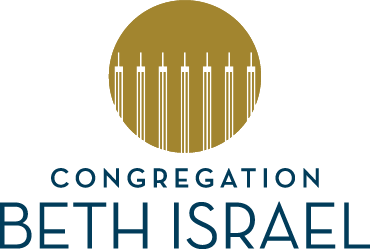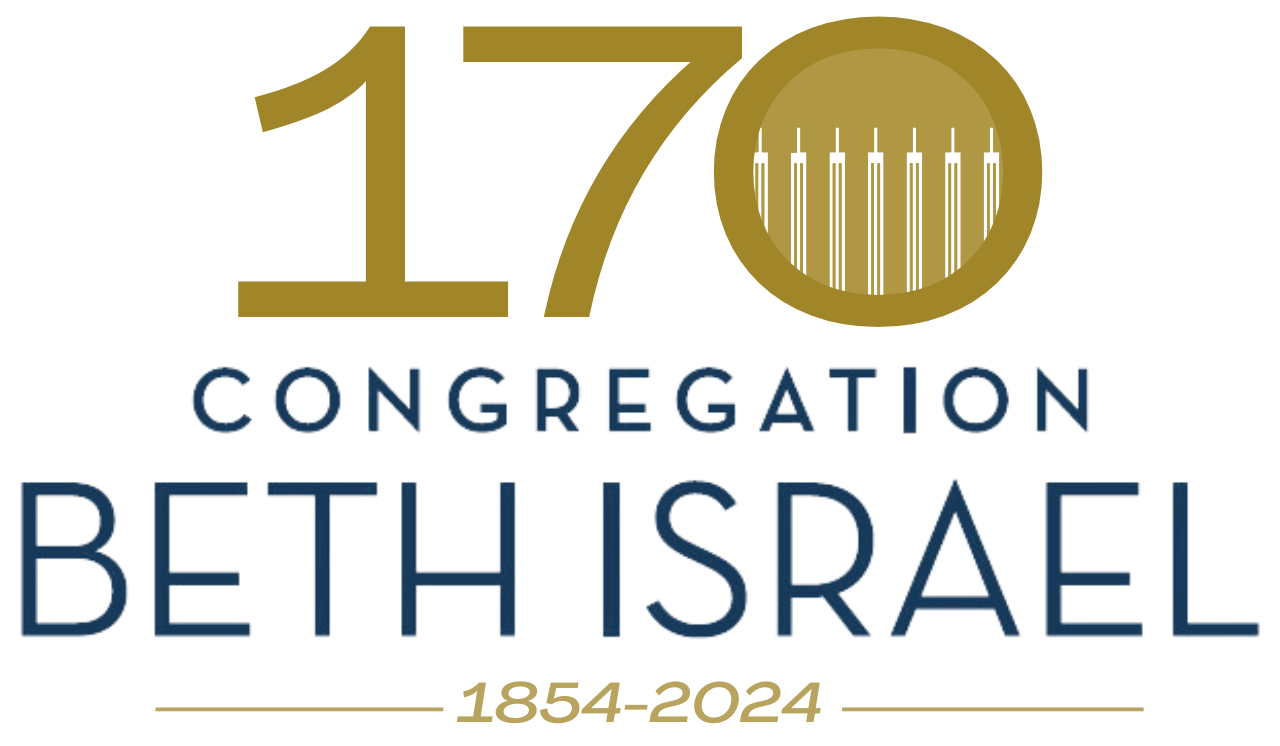“When the Gates Close”

“When the Gates Close”
From the desk of Rabbi David Lyon
Just a week after Yom Kippur, we’re still feeling the warmth and spirit of our season of repentance. Thank you for your emails, letters, and calls you shared about how much the worship services, sermons and music spoke to you this year. All the rabbis and cantor appreciate your feedback and thoughtfulness. We enjoyed, too.
From solemn days we turn to a joyous holiday. Sukkot is here and we’ve been spending time in the Sukkah. The lulav and etrog, and the fruit hanging from the roof and walls of the Sukkah tell us about the story of our ancestors and the Torah lessons we still observe, today. The fragile Sukkah is like the fragile nature of our life. We aren’t without inherent strength, like the Sukkah that stands sturdily for seven days. But, we’re also in need of faith, because like the Sukkah, our strength ebbs and flows. Faith is part of our enduring strength.
Following Yom Kippur, when the Gates of Repentance close as the Neilah (concluding) service ends, our rabbis teach that there is still time for repentance. The proverbial gates are not yet locked up tight. The goal is to wait until everyone has had every opportunity to repent and be sealed in the “Book of Life.” I’ve always believed that this is a great symbol of God’s compassion. It reflects God’s unconditional love of our people. Of course, there has to be a boundary, but it serves the covenant we make with God, by giving everyone the time they need to enter the Gates.
On Simchat Torah, the gates are finally closed. We celebrate the end of the Torah with the last words of Deuteronomy, and the beginning of the Torah with the first few words of Genesis. As we reach the end, take note of the last letter of Torah. It’s a “Lamed.” And, as we open to the Book of Genesis, take note of the first letter of Torah. It’s a “Bet.” When the letters are joined, from end to beginning, we form the word, “L-B”, or Lev (bet becomes vet), which means Heart.
Torah is at the heart of our people. Like the human heart that beats inside us and gives us life, the Torah beats within the Jewish people and sustains us. The heart is not about love and emotions. The heart is about wisdom and sincerity. To do something “with all our heart,” is the point. We also learn, “Eretz Yisrael b’li Torah, hi k’guf b’li neshama,” The Land of Israel without Torah, is like a body without a soul. The heart and soul of our people is Torah.
On Simchat Torah, we celebrate the privilege to begin reading our sacred teachings again. Over the years, students have asked me, “Do we have to read them AGAIN?” The answer is that the teachings are the same, but we have changed. In our lifetime, we’ll read the lessons differently, because we’ll bring new experiences to bear and we’ll find new insights. Torah is a living teaching. It inspires us.
As we mark this time, we will say together, “Chazak, chazak, v’nitchazeik,” Be strong, be strong, and let us strengthen each other.
Shabbat Shalom,
![]()
